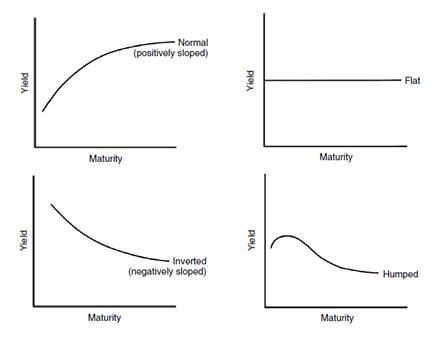by Cullen Roche, Pragmatic Capitalism
You’ve probably heard it a million times from financial “experts” – the key to financial success is saving. The idea is that if we save more now then we’ll have more to spend later. And while that’s true at the individual level it’s actually disastrous advice in the aggregate. Saving isn’t the key to financial success. Investing is the key to financial success. A lot of this is counterintuitive, but stick with me for a few minutes.
Saving is our unspent income. It is the residual of your income. And my spending is someone else’s income. So if I decide to save more then someone else has less income. All else equal, the economy has less spending power when I save more of my income. If we all saved more then we’d all have less income. So saving more can’t actually be the key to financial success because, in the aggregate, saving leads to lower incomes. That’s simple enough, right?
Investment (not the financial type you’re probably aware of with regard to buying stocks and bonds) is spending, not consumed, for future production. When you invest in your future you build an intangible (or tangible) asset that (likely) makes you more valuable. In other words, when you invest in yourself you make your future production more valuable which makes your future income more valuable which allows you to save more of your future income in the future. Importantly, investing adds to aggregate saving because one does not dissave in order to spend on investment. That is, when you invest you have an asset that is as valuable or more valuable than your prior savings PLUS someone else has your spending as their income.
So, next time some financial expert tells you that the key to financial success is saving more tell them they have their economics precisely backwards. The key to financial success isn’t saving, but investing in your own future production.
Copyright © Pragmatic Capitalism












